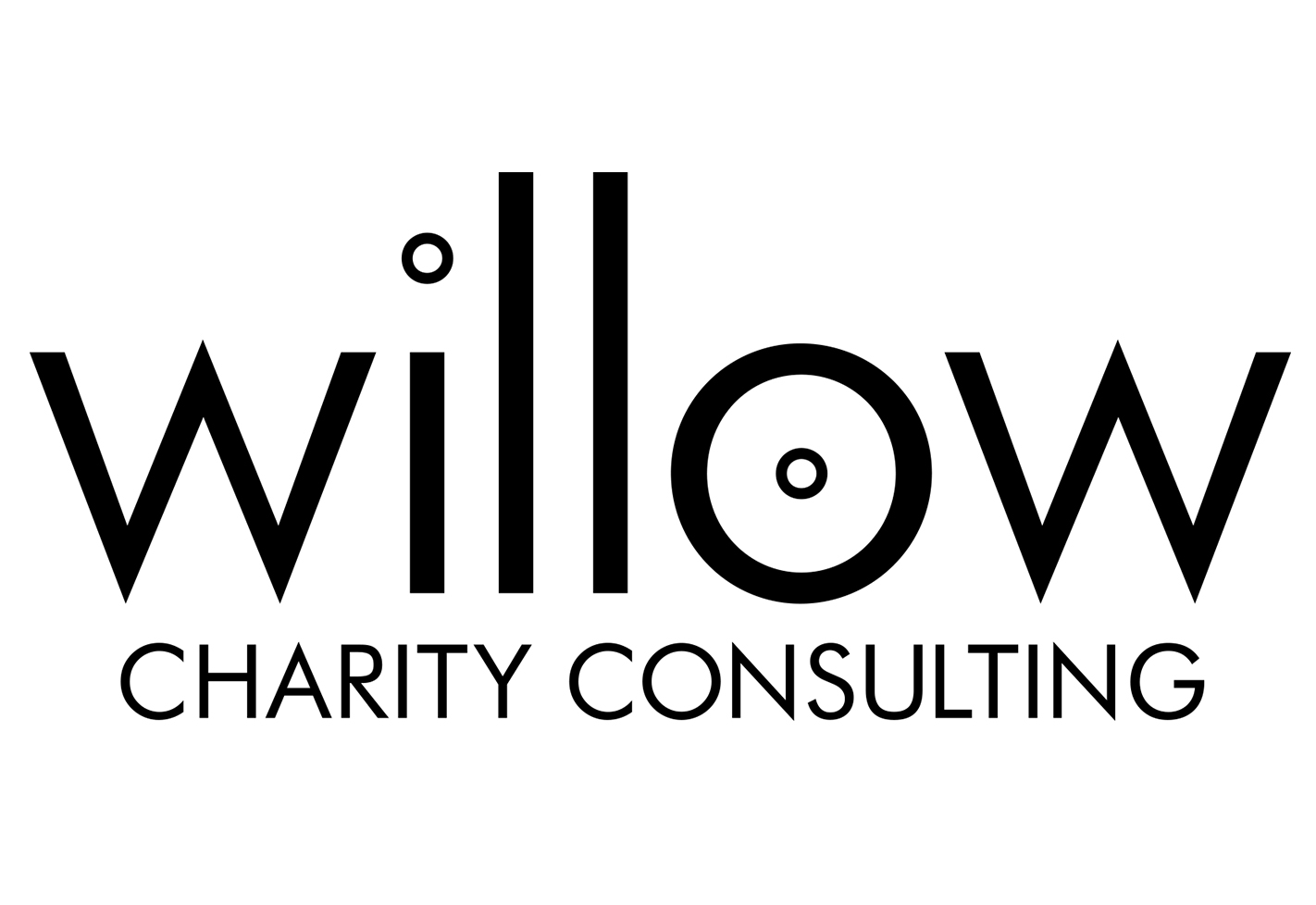Last week, an ignorant comment by a charity Trustee prompted me to write an article lamenting misguided attitudes towards charity sector experience in the sector, and urging those who feel this way to stay out of the sector. It was initially intended as a cathartic release – and to stop me emailing back that Trustee in the way I’d have liked to – but it ended up being a lot more than that.
It’s amassed hundreds (400 so far) of likes and dozens of comments by people in the sector who share my frustration with the attitudes I described. The comments section makes for worrying reading.
So, today’s piece aims to be more constructive. If you are a Trustee, volunteer or even a new staff member in the charity sector, but you have not had work experience in the sector before, here’s what you need to do.
(Note, I emphasise the phrase ‘work experience’. One of the worst Boards I ever worked with swore blind they understood fundraising because they’d been to lots of charity dinners and golf days. They did NOT understand fundraising. Board experience is not the same as work experience).
1. Get trained.
Trustee training is an essential first step. Every Trustee on every Board should undergo Trustee training. I don’t care if you’re a charity lawyer and think you know every regulation that exists; you still need some decent charity sector governance training. Being a Trustee is only partly about knowing what the rules are. It’s also about relationships, balancing power with your CEO, handling crises, and making sure you’re not overreaching but you are overseeing. It’s a tough job and you need some help with understanding how to do it well.
Lots of organisations offer training – including my own Willow Charity Consulting. Obviously I’d say mine is the best because I pepper the whole thing with my war stories of time in the sector, and also cut through the bland best practice statements that don’t often make sense on the ground to help you understand how to make it work in reality.
2. Respect and listen to your staff.
I have worked with hundreds of charity staff, and their greatest frustration is often how the Board disregards their advice and experience. I’ve seen Boards reject excellent, well-thought through plans in favour of their own, spur-of-the-minute idea.
Your staff spend their working life at the coal face. They know what’s what. Yes, you should absolutely challenge and value-add, but thinking you automatically know better than them is a sign of a poor Trustee.
If you struggle with this, and you hold any bias against charity sector skills, then you have a bigger problem. If you think, deep down, that corporate skills are more valuable and corporate people are better than those in the charity sector, then I’d firmly suggest you read my article and stay out of the sector. You’re not helping.
3. Get expert charity advice.
I advise charities and also take on interim CEO roles in times of crisis, and the one thing that is in common to every crisis is that it would have been easier to solve if they’d called me earlier. Nothing makes me happier than nipping a problem in the bud. But, too often, Boards leave it too late to get advice – or they go straight to the lawyers. I’ve got nothing against lawyers – I have a first class honours degree in law myself – but the thing about lawyers is that they will advise you with the assumption that everything will end up in court. And that makes it more likely that everything ends up in court.
Another issue is that Boards are very badly designed to deal with crises. In a crisis, Boards tend to disagree, find it hard to make decisions quickly, and may undermine the decisions they make to pacify the disagreement in their ranks. In a crisis, you need strong leadership and quick decision-making. So get some advice in.
When things start to look tangled, get in a charity expert. Check out organisations like Consultants for Good or Action Planning (yes, I’m slightly biased as I’m affiliated with both), or search LinkedIn and find people who seem to know their stuff. A timely call with a good consultant might end up saving you thousands.
4. Use the Charity Commission resources.
The Charity Commission – despite its many faults – has easily accessible guidance documents online. Having problems with your finances? There’s a guidance document for that. Not sure how to manage your conflicts of interest? There’s a guidance document for that. They also do helpful five minute guides.
5. Read sector-focussed material.
Recognising that the sector is its own sector means investing some time in reading up about it. Whether that’s by subscribing to Third Sector or using free services such as Civil Society, or trawling LinkedIn for articles like this one, there’s plenty out there. The more you read, the more you’ll understand.
The five points above are a starting point only, but I think the sector would be a lot more effective if every single Trustee got to this point.

